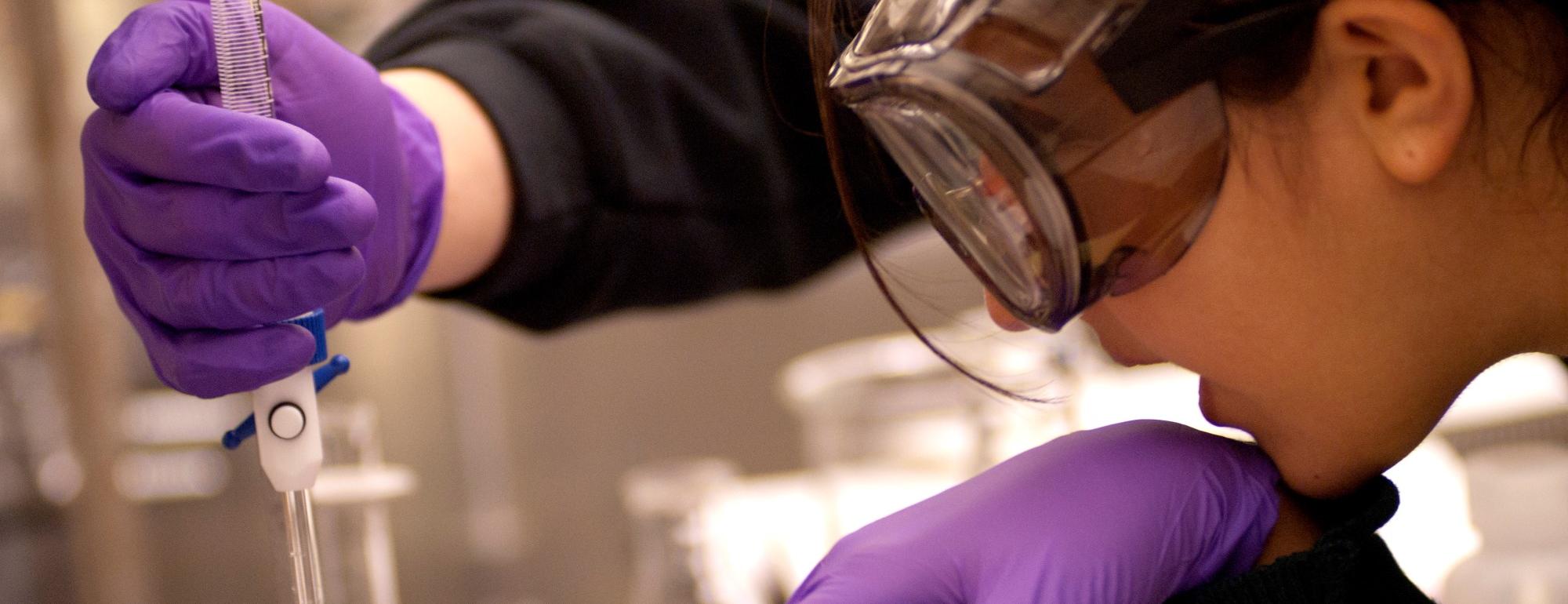HEALTH PROTECTIVE TEXTILES: BRIDGING THE DISPOSABLE/REUSABLE DIVIDE
Disposable and reusable textiles are two competing materials employed in health care facilities. Both serve primarily to protect the healthcare worker and patients from pathogens, but with different environmental and social impacts and consumer acceptance. The intense political and scientific dispute over which type of the product is better has led this multidisciplinary research team to focus on the materials uses, new technologies, and the impact of biologically protective textiles in the environment. We will investigate the physical, chemical, sociological, economic, occupational, and environmental impact of disposable and reusable drapes and bed linens in healthcare facilities and other contexts. The use of environmental friendly materials and operations together with incorporation of antibacterial functions on the materials will significantly increase the protection against infectious diseases and dramatically reduce wastes produced by the use of both textiles.
The research results will help to:
- Bridge the divide between nonwoven and woven fabrics, the materials used in making disposable and reusable protective textiles.
- Promote the use of green materials and technology.
- Enhance the textile industry's ability to be more competitive in producing environmentally friendly functional textiles for healthcare workers.
- Increase the life cycle assessment and protective performance of the nonwoven and woven types of products.
- Educate healthcare workers, patients, and the public. Further, we see numerous possibilities to apply results in other institutional context, such as biological and chemical protective clothing for first responders, farm workers, and industrial workers alike. We have conducted surveys of hospital administrators and healthcare worker regarding their attitudes toward regular medical textiles and materials that are biocidal.
The project combines Gang Sun's expertise in Textile Chemistry with Social Psychologist in Clothing Susan Kaiser, Textile and Marketing and Cultural Psychologist Margaret Rucker (University of California, Davis), Public Health and Industrial Hygienist Mark Nicas (University of California, Berkeley), Environmental Health Scientist, and Life-Cycle Assessment Michael Overcash (North Carolina State University), and Textile Engineer Lu Wang (Donghua University, China).
This project is funded by the following grant:
The National Science Foundation Biocomplexity (Material Use) Program
